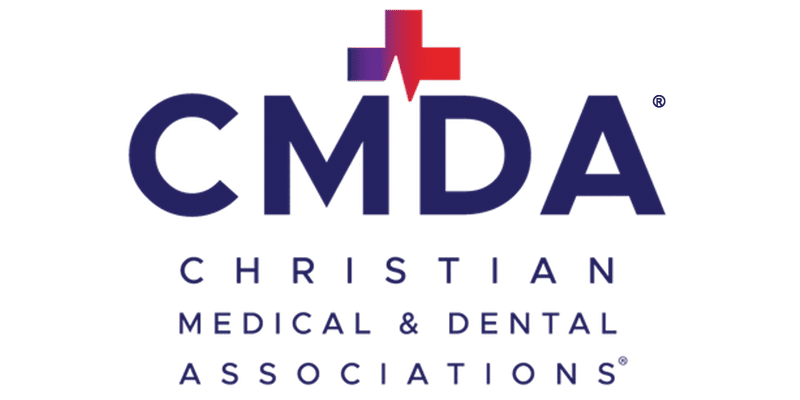ARTICLE

Transgender Identification Ethics Statement
A novel way of thinking about one’s body has entered into popular culture. “Transgender” individuals refer to their “gender” as a sexual identity that may be male or female, something in between, or neither. This self-identification differs from, and takes priority over, their biological sex as recognized in their chromosomal DNA and innate physical sexual
Preamble
A novel way of thinking about one’s body has entered into popular culture. “Transgender” individuals refer to their “gender” as a sexual identity that may be male or female, something in between, or neither. This self-identification differs from, and takes priority over, their biological sex as recognized in their chromosomal DNA and innate physical sexual characteristics. The naming of gender as a category set apart from sex is an idea foreign to the holistic view of the person as understood within Christianity. Christians affirm the biblical understanding of humankind as having been created male and female, with the two sexes having equal dignity and a complementary relationship to each other.
At the heart of disagreement over transgenderism is a difference in worldviews. If the human body is nothing more than the product of mindless, random, purposeless physical forces, then one may do with it what one wishes, even to demand medical and surgical cooperation in projects to alter, amputate, or reconstruct normal tissue to conform to the patient's revised psychological sense of identity. If, on the other hand, our bodies are an inseparable aspect of our true selves and are a good gift from God, who has designed the sexes to be wonderfully paired, and who has a purpose for humanity, then respecting the gift of given sexual identity and the ensuing moral obligations to our neighbors is the surest path to human flourishing.
Both worldviews share the recognition that humanity is broken and in need of renewal, but they look to different answers for healing. Christians seek not a reconfiguring of the body, but a spiritual transformation of the mind to become more like Christ; not rejecting the gifts of God, but welcoming God’s purposes and demonstrating God's love by loving our neighbors. This love of neighbors includes loving our transgender neighbors as persons who, like all people, are created in God's image. However, loving them and validating them as people does not mean agreeing with their ideologies or use of language.
The Christian Medical & Dental Associations (CMDA) believes that healthcare professionals should not be forced to violate their conscientious commitment to their patients’ health and welfare by being required to accept and participate in harmful gender-transition interventions, especially on the young and vulnerable. CMDA affirms the obligation of Christian healthcare professionals caring for patients struggling with gender identity to do so with sensitivity and compassion, consistent with the humility and love that Jesus modeled and commanded us to show all people.
Related Topical Articles:
Other Related Topical Content:
Related Publications:
Sorry, we couldn't find any related resources/books on this topic. Please check back often as new topical resources emerge.

